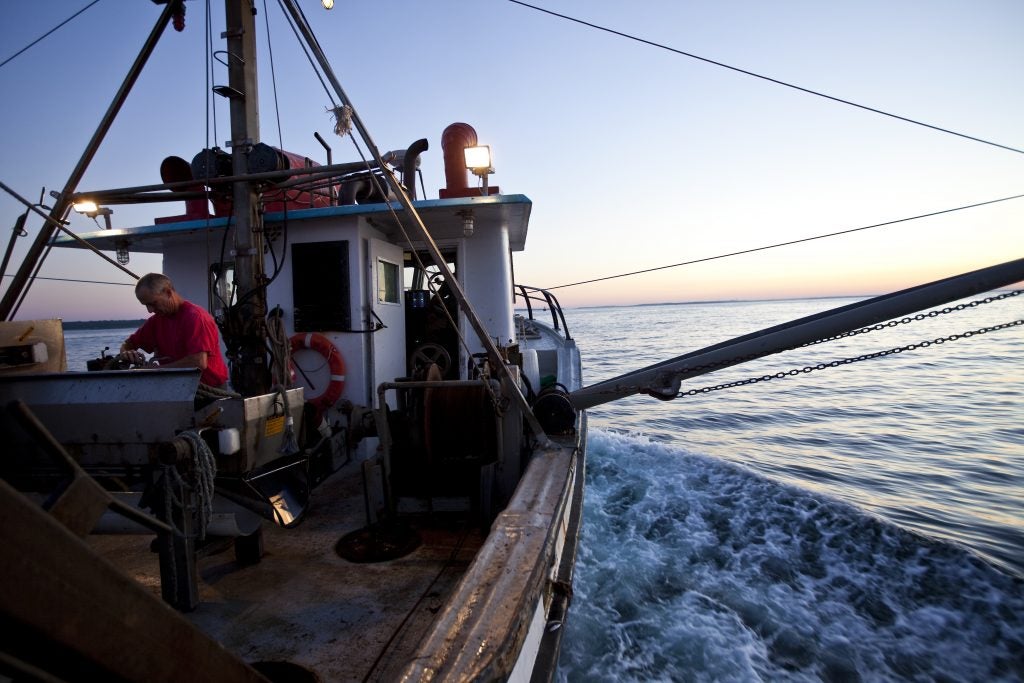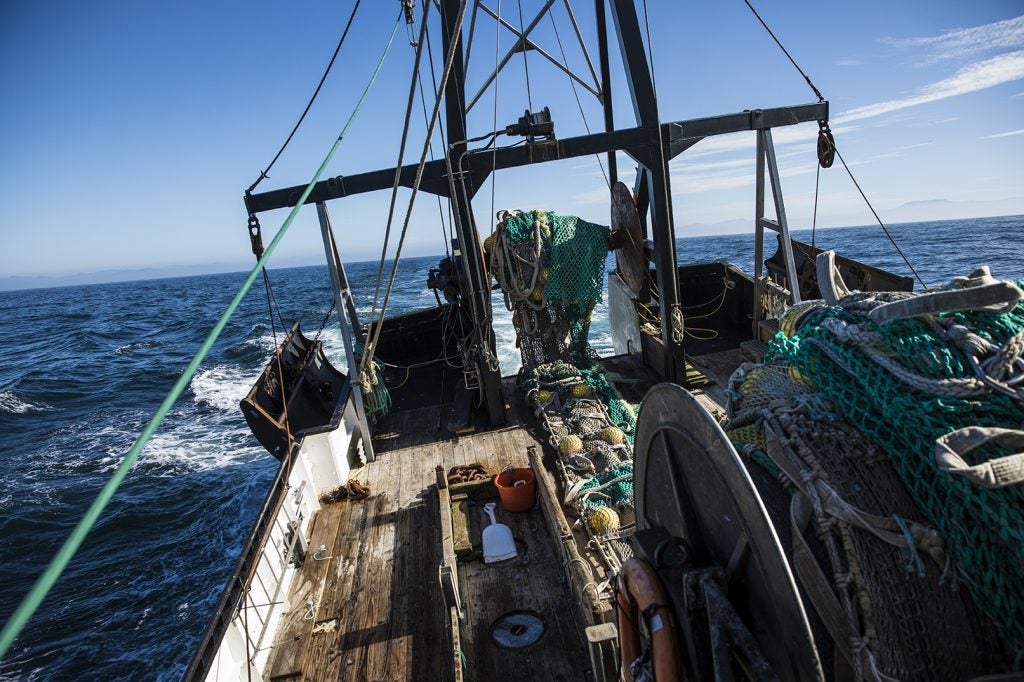If you follow the goings-on of the U.S. Congress, you know that the final months of the year have become a sprint to the finish line marked by bursts of legislative energy and must-pass bills. This year is even more energetic than most. Earlier this month, we saw an “Infrastructure Week” finally end in passage of comprehensive infrastructure legislation. With one major package out of the way and on to implementation, the president and Democratic leadership in Congress have turned their sights to bringing the Build Back Better Act over the finish line, as well as passing the annual defense authorization bill, moving toward finalizing fiscal year 2022 spending bills and dealing with the approaching debt ceiling once again.
While it feels like 2021 has left little air in the room for Congress to stray from these high-profile legislative actions, the House Committee on Natural Resources created a window this week to let another issue and constituency receive some of its much-deserved attention: ensuring the continued sustainability and profitability of U.S. fisheries. This comes at a critical time as we are already seeing the effects of climate change on our fisheries and oceans.
Facing declining fish stocks and fishing pressure from foreign fleets, Congress came together to pass the bipartisan Magnuson-Stevens Fishery Conservation and Management Act, or MSA, in 1976. The law has only seen two major reauthorization efforts since then, with the last major effort to revisit the law taking place in 2007. Through the implementation of the MSA’s strong conservation-focused provisions, U.S. fisheries have seen recoveries in once-depleted stocks, largely prevented overfishing and made strides in preventing bycatch and protecting essential fish habitats.
As calls for climate action start bearing fruit in the halls of Congress, we must remember our oceans and coastal communities are feeling the pain as well.
More than 40 years after its inception, the MSA is still seen as a highly successful resource management statute and a model for other countries designing their own fisheries management programs. But as the oceans are impacted by climate change and we learn more about how fisheries management can be further improved through the use of technology and other advancements, Congress is starting to reexamine how the MSA can be enhanced to further its impact on healthy fisheries.
Congressman Don Young (R-AK-at large) — who is not shy in emphasizing his own personal history with the creation of the original MSA — has introduced an MSA reauthorization bill, the Strengthening Fishing Communities and Increasing Flexibility in Fisheries Management Act, in several congresses. Congressman Jared Huffman (D-CA-02), who serves as chair of the House Natural Resources Committee’s Subcommittee on Water, Oceans and Wildlife, set out on a national listening tour in 2019 to collect ideas for his own MSA reauthorization bill. He partnered with Congressman Ed Case (D-HI-01) to introduce the Sustaining America’s Fisheries for the Future Act in August. Both bills were on the docket for the hearing this week that also featured Congresswoman Debbie Dingell (D-MI-12) as the hearing’s first witness to discuss her Forage Fish Conservation Act.
Nearly all the members and witnesses invited to testify before the subcommittee spoke of the strengths of the MSA. Congressman Huffman referred to the MSA as “a great law.” Congressman Young noted “this bill has worked well” and is “the envy of the world.” The committee’s ranking member, Congressman Bruce Westerman (R-AR-04), referred to the MSA as “one of the most important laws under [the House Natural Resources Committee’s] jurisdiction.” In her opening testimony, National Oceanic and Atmospheric Administration’s assistant administrator for fisheries, Janet Coit, referred to the MSA as the “legal foundation for the world’s most sustainable fisheries” and noted that the MSA is “known far and wide as being responsible for the sustainable management and the rebuilding of fish stocks in the U.S.”
Despite recognition of the MSA’s successes to date, members of the committee and witnesses also noted where they saw opportunities to further strengthen U.S. fisheries management via an MSA reauthorization effort. Meredith Moore from Ocean Conservancy emphasized the need to plan for current as well as future climate change impacts on U.S. fisheries. Mary Peltola with the Kuskokwim River Inter-Tribal Fish Commission in Alaska challenged the current fisheries management system for incorporating neither traditional and Indigenous knowledge nor Native voices in fisheries management decisions. Other members and witnesses discussed particular areas of concern or provisions they support in the current MSA reauthorization bills from Congressmen Huffman and Young, including changes to bycatch avoidance requirements, offshore wind collaboration and restrictions on council member and staff activities.
While the path forward for an MSA reauthorization bill this Congress remains unclear, the hearing was an opportunity to cut through the political fray and shine a spotlight on a statute that is too often taken for granted as well as the fishing communities that are sometimes forgotten in conversations on Capitol Hill.
As calls for climate action start bearing fruit in the halls of Congress, we must remember our oceans and coastal communities are feeling the pain as well. Even iconic and highly valuable U.S. fisheries like Alaska snow crab aren’t immune; crab numbers have plummeted and we’ve seen closures and deep cuts to the Bering Sea crab fisheries this year. With Congressman Young’s proclamation at the hearing that he’ll “admit” that the climate is changing, perhaps a vision for climate-resilient fisheries management will bring together another bipartisan reauthorization bill — this time with Don Young’s name on it.












